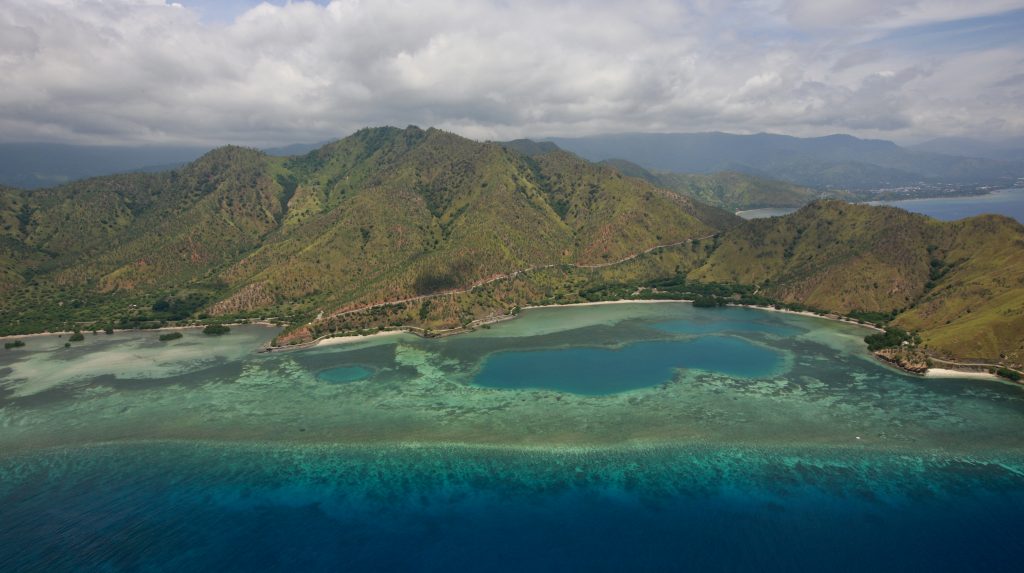Pray for the People of East Timor as They Rebuild Their Lives and Homes
by Karen Koza, Administrative Assistant in the Southern Asia Office
The word flood, as a noun, means, “an overflowing of a large amount of water beyond its normal confines, especially over what is normally dry land.” As a verb it means “to cover or submerge with water.” Neither of these definitions give an accurate description of what has happened in East Timor.
The flooding that began on Good Friday, April 2, in East Timor is more than just water overflowing a riverbank and flowing smoothly over what is “normally dry land.” This flooding is water, but also mud, silt, trees, and vegetation flowing with the speed and strength to knock down houses, tear trees out of the ground, and carry people away in its current with almost no warning. This all happened on an island – an island surrounded by the water that rose quickly and violently because of a cyclone. The cyclone brought pounding rain along with the storm surge. So, families in East Timor were trapped between the rising tides and the rain causing the earth to start moving down toward the sea.
In Dili, a total of 29 evacuation facilities were able to offer temporary shelter to nearly 9,000 people. However, the government of East Timor reports a total of 25,709 affected households across the country. It is reported that 43 have lost their lives or are presumed dead as a result of the floods. Due to an increase in COVID-19 cases, the country was in strict lockdown. However, the government suspended the lockdown to allow for ongoing flood/humanitarian response.
The rain stopped on Easter, April 4, and the sea has subsided. Many people are returning home. The Protestant Church of East Timor (IPTL), a Global Ministries partner, has been able to provide food and hygiene products to approximately 170 families.
To learn more about the work of the Protestant Church of East Timor, continue reading here. To make a gift to support the work of the Protestant Church of East Timor, you may do so here.

